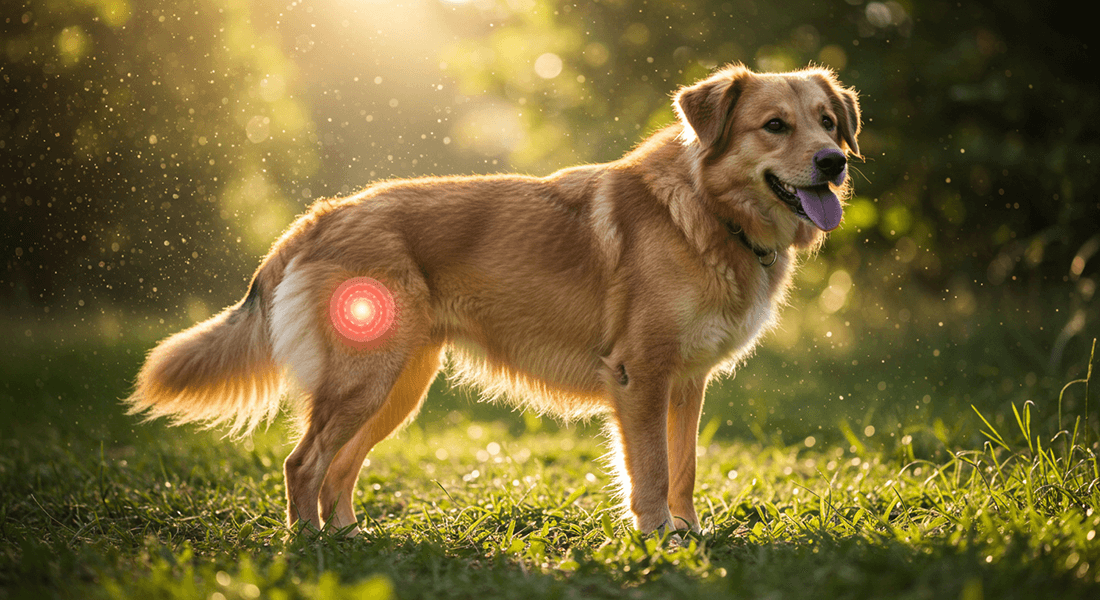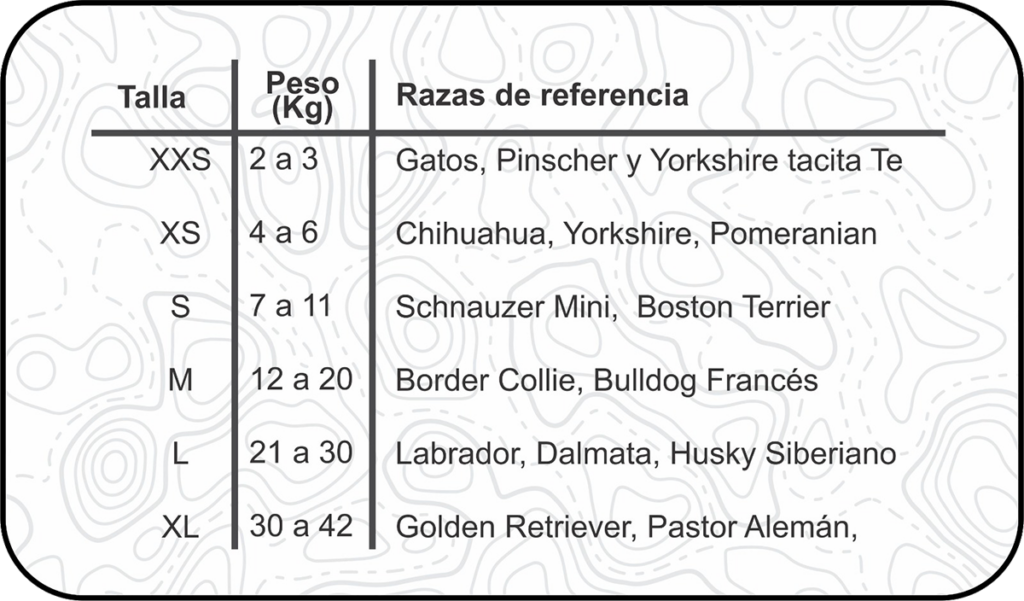
Harnesses for Dogs with Hip Dysplasia: A Complete Guide to Support and Care
Hip dysplasia is an orthopedic condition that affects many dogs, especially large breeds, causing pain, limited movement and reduced quality of life. A specialized harness can be an essential tool to help these dogs maintain their mobility and comfort. In this comprehensive guide, we will explore how to choose the best harness for dogs with this condition, offering practical solutions and care tips.
Understanding Hip Dysplasia
What is hip dysplasia?
Hip dysplasia is a genetic disorder that causes:
- Deformity in the hip joint
- Mismatch between the femoral head and the acetabulum.
- Premature wear of articular cartilage
- Chronic pain and loss of mobility
More predisposed breeds
- German Shepherd
- Labrador Retriever
- Golden Retriever
- Newfoundland
- Rottweiler
- St. Bernard
Crucial features of a harness for dogs with dysplasia
Ergonomic design
- Integral hip and back support
- Uniform weight distribution
- Multiple attachment points
- Flexible but resistant materials
Essential technical elements
- Padding in pressure areas
- Precise adjustment system
- Lateral handles for movement assistance
- Breathable material
- Reinforced belts
Types of Specialty Harnesses
Full support harnesses
- Complete rear axle coverage
- Maximum support for movement
- Ideal for severe cases
- They generally include:
- Hip support
- Lumbar reinforcement
- Adjustable straps
Rehabilitation harnesses
- Designed by veterinary physiotherapists
- Allow for gradual exercises
- Facilitate post-surgical recovery
- Include selective compression elements
Reduced mobility harnesses
- Lightweight and flexible
- For dogs with partial mobility
- Allow short walks
- Less restriction of movement
Benefits of using a specialized harness
Physical benefits
- Reduces joint pressure
- Distributes weight evenly
- Minimizes pain during movement
- Prevents secondary injuries
- Facilitates controlled exercise
Psychological benefits
- Increases dog confidence
- Reduces frustration due to limitation
- Maintains ties with his family
- Preserves a sense of independence
How to choose the right harness
Preliminary veterinary evaluation
- Consult orthopedic specialist
- Determine degree of dysplasia
- Assess specific needs
- Receive personalized recommendations
Accurate measurements
- Measure chest circumference
- Measure distance from base of neck to base of tail.
- Calculate hip circumference
- Consider the dog's weight
Selection factors
- Disease stage
- Age of dog
- Body weight
- Activity level
- Complementary treatments
Additional care
Accessories for the harness
- Orthopedic mattresses
- Joint supplements
- Hot/cold therapy
- Rehabilitation exercises
Signs of improper use
- Scratches
- Signs of discomfort
- Behavioral changes
- Resistance to putting on the harness
Recommendations for use
Correct placement
- Adjust without compressing
- Check free movement
- Check condition of harness
- Clean after each use
Frequency
- Use during specific activities
- Do not keep on continuously
- Alternate with rest
Prevention and management
Complementary strategies
- Weight control
- Low impact exercise
- Swimming
- Physiotherapy
- Acupuncture
Veterinary treatments
- Anti-inflammatory medication
- Chondroprotectors
- Regenerative therapies
- Periodic appraisal
Conclusion
A specialized harness is not simply an accessory, but a fundamental tool to improve the quality of life of dogs with hip dysplasia. The key is in the personalized selection, proper use and continuous veterinary support.
Dysplasia does not define your dog. With the right harness, specialized care and love, they can continue to enjoy a full and happy life.
Do you have a dog with dysplasia? Share your experience and together we can continue to learn how to better care for our four-legged companions.







